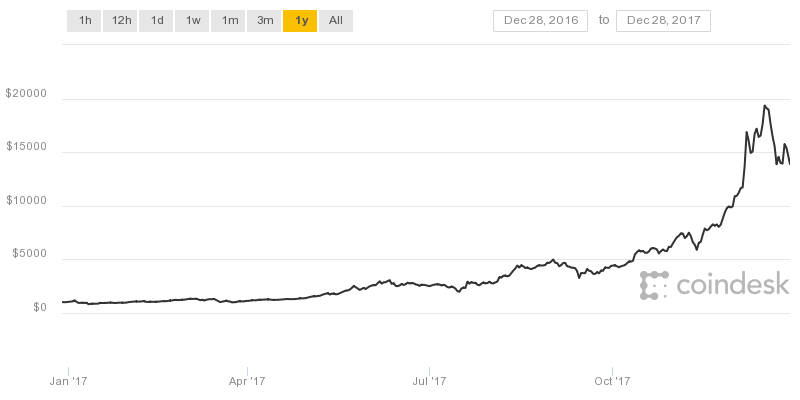- Bitcoin Halving: Nigeria, Others Get Ready For Uncertain Bitcoin Future
Nigerians and other global investors in the cryptocurrency market are getting ready for Bitcoin Halving on May 12, 2020.
Cryptocurrency’s most dominant coin, Bitcoin, would experience a historical transformation from supply end for the third time this month. The process known as Bitcoin Halving would impact the number of Bitcoin supplied into the block every 10 minutes.
Bitcoin Halving is a process where the number of Bitcoin earned by miners, known as a block reward, is halved.
The process that began in 2009 started with 50 coins mined every 10 minutes. This was halved twice to current 12.5 bitcoins mined every 10 minutes. According to a document released by Satoshi Nakamoto, who may be an individual or a group that created the digital coin, the process will end with total coins of 21 million around the year 2140.
Why is Bitcoin Halving Important?
Unlike the Central Banks, Bitcoin is not manually regulated rather its algorithm has been engineered to gradually reduce the number of Bitcoins that can be created over time.
Therefore, while the supply of Bitcoin will continue to reduce, its demand will remain constant. A process that if eventually worked could see the digital currency hitting $50,000 a coin or even $1 million as more money would be chasing fewer coins.
This is different from central banks’ approach where money in circulation can be increased or reduced depending on the economic situation.
“Unlike most national currencies we’re familiar with like dollars or euros, bitcoin was designed with a fixed supply and predictable inflation schedule. There will only ever be 21 million bitcoins. This predetermined number makes them scarce, and it’s this scarcity alongside their utility that largely influences their market value,” Blockchain.com, a crypto wallet company, stated in a post.
Advantage of Bitcoin Halving
Bitcoin was trading at $2.01 a coin in 2012 before block reward was first halved to 25 Bitcoins from 50 Bitcoins, the price per coin rose to $664 a coin by 2016 due to the scarcity created by the halving as miners are the only one that can earn the coin every 10 minutes for creating additional blocks needed to strengthen the security of the blockchain.
In 2016, when the block reward was halved again to 12.5 Bitcoins, the price of the cryptocurrency rose to $20,000 in 2017 before plunging to as low as $2,800 a coin 2019 and $3,800 in early March 2020.
 Therefore, some Bitcoin experts and investors are predicting that additional reduction in the supply of Bitcoin would bolster the price of the digital currency going forward while others have said the fundamentals have changed that Bitcoin Halving has been priced into the current level as the process is now pretty known by investors.
Therefore, some Bitcoin experts and investors are predicting that additional reduction in the supply of Bitcoin would bolster the price of the digital currency going forward while others have said the fundamentals have changed that Bitcoin Halving has been priced into the current level as the process is now pretty known by investors.
Still, at Investors King we believed a reduction in supply would positively impact the price of the dominant cryptocurrency but not immediately given the current global health crisis. Therefore, halving may benefit long-term investors more than short term traders as we doubt the market would receive enough funds in the near-term given present surge in global risk and uncertainty.
Implications of Bitcoin Halving
Halvings happened every four years or after every 210,000 blocks. These blocks helped strengthen the cryptocurrency blockchain, improve its security and bolster the confidence of investors holding the unregulated digital currency as an investment vehicle.
However, the continuous reduction in block rewards may result in fewer investments in mining given the amount involved in its set up. Also, considering the rate at which new blocks are created or expected to be created to further strengthen the Bitcoin blockchain, a decline may render it vulnerable to attacks and gradually expose the unproven or untested blockchain to hackers.
“The more computing power miners direct towards Bitcoin, the harder it is to attack because an attacker would need to have a significant portion of this processing power, known as the hashrate, to execute such an attack, stated by Coindesk.
“The more money they can earn by way of block rewards, the more mining power goes to Bitcoin, and thus the more protected the network is.”
On May 12, 2020, the global cryptocurrency investors and traders expect block reward to be halved again to 6.25 Bitcoin.